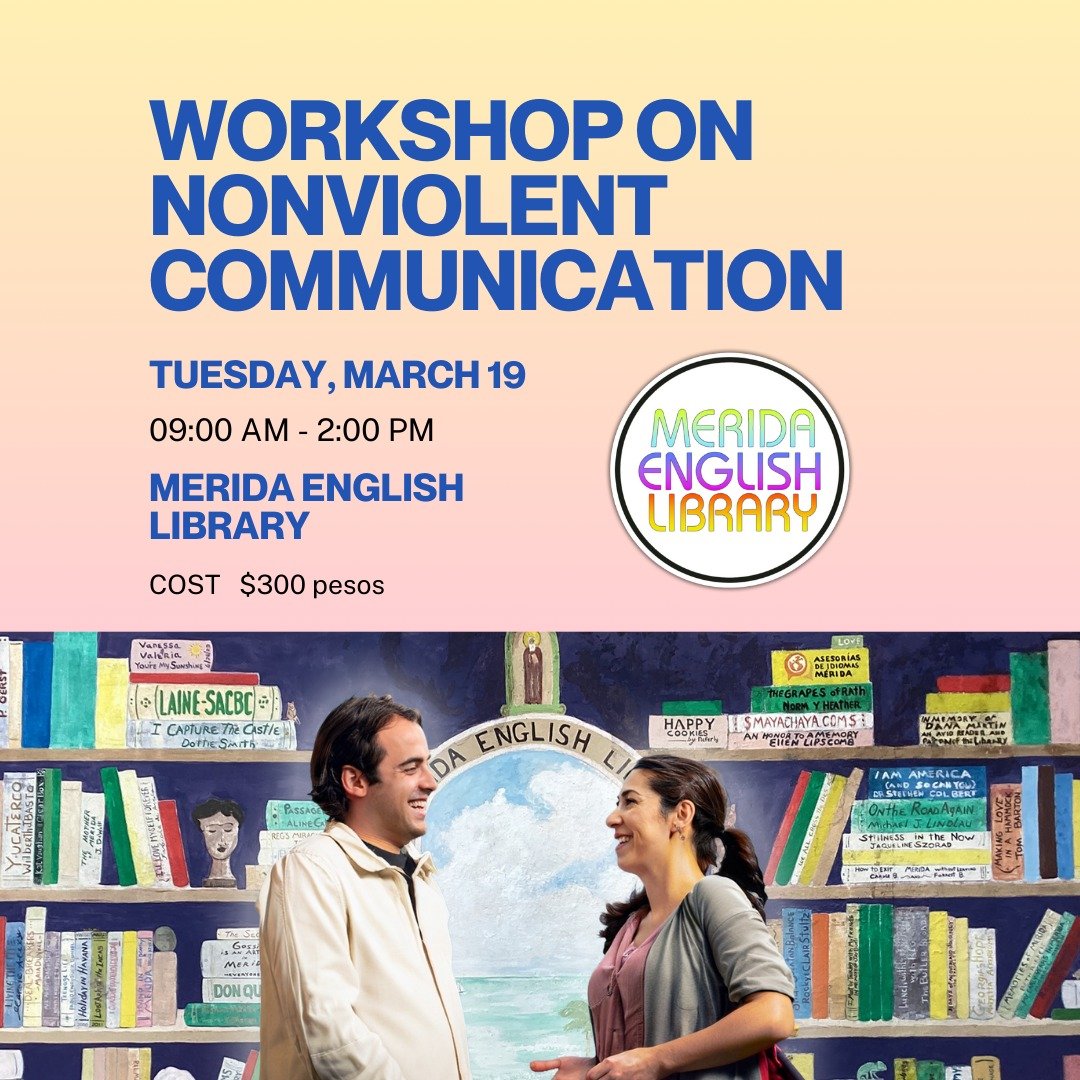
Workshop on Nonviolent Communication
Introduction
In today’s interconnected world, effective communication is essential for building meaningful relationships, fostering collaboration, and resolving conflicts. This one-day workshop on Nonviolent Communication (NVC) offers participants a transformative approach to interpersonal communication that promotes empathy, understanding, and connection.
Problem Statement
Communication breakdowns are pervasive in both personal and professional settings, leading to strained relationships, conflicts, and emotional distress. Miscommunication often stems from a lack of awareness of one’s own feelings and needs, as well as an inability to empathize with others’s perspectives. culture.
Solution
Nonviolent Communication (NVC), developed by Marshall Rosenberg, offers a powerful framework for cultivating compassionate communication and resolving conflicts peacefully.
Nonviolent Communication (NVC) is based on the principles of humanistic psychology, which emphasize the importance of empathy, self-awareness, and the recognition of the inherent worth and dignity of all people. It draws on the work of several influential thinkers, including Mahatma Gandhi, Carl Rogers, and Abraham Maslow.
At its core, NVC is based on the belief that people are capable of compassionate communication and cooperation when they are able to connect with their own needs and feelings, and when they are able to empathize with the needs and feelings of others. The approach emphasizes the importance of listening deeply, and responding with empathy and understanding, rather than judgment or blame.
There is growing evidence that NVC can be effective in improving communication and reducing conflict in a variety of settings, including schools, workplaces, and intimate relationships.
Studies have shown that NVC training can lead to improvements in empathy, emotional regulation, and social connection, as well as reductions in aggression and conflict.
This workshop will provide participants with practical tools and strategies to apply NVC principles in their daily interactions, thereby fostering healthier relationships, enhancing teamwork, and promoting emotional well-being.
Workshop Leader
O.M. Kenney is a psychotherapist, client-centered coach, artist, and published poet. She has a PhD in Conflict Resolution and has led several workshops on Conflict Resolution and Non-Violent Communication. She has been a volunteer mediator for the Miami Dade Equal Employment Opportunity Board and the Center for Conflict Resolution in Chicago. She was also a facilitator for multiple America Speaks Town Hall Meetings in Chicago, Portland, and NYC.
Workshop Objectives
Understanding Nonviolent Communication:
Participants will gain a thorough understanding of the principles and philosophy of Nonviolent Communication, including its relevance in diverse contexts.
Developing Empathy and Active Listening Skills:
Through interactive exercises and role-plays, participants will learn how to cultivate empathy and practice active listening to better understand others’ perspectives.
Expressing Authenticity and Vulnerability:
Participants will explore techniques for expressing themselves authentically and vulnerably, while also learning to receive feedback with openness and non-defensiveness.
Resolving Conflicts Peacefully:
The workshop will equip participants with practical strategies for resolving conflicts and addressing disagreements in a constructive and nonviolent manner.
Building Connection and Trust:
Through experiential learning activities, participants will discover how Nonviolent Communication can deepen connections, foster trust, and promote collaboration within teams and communities.
Workshop Logistics
Date: Tuesday, March 19
Venue: Mérida English Library
Duration: 9:15 AM - 2:00 PM
Workshop Benefits
By equipping participants with the tools, skills, and mindset necessary for compassionate
communication, the workshop aims to empower individuals to cultivate healthier relationships,
resolve conflicts peacefully, and foster a culture of empathy and understanding in their
personal and professional lives.



